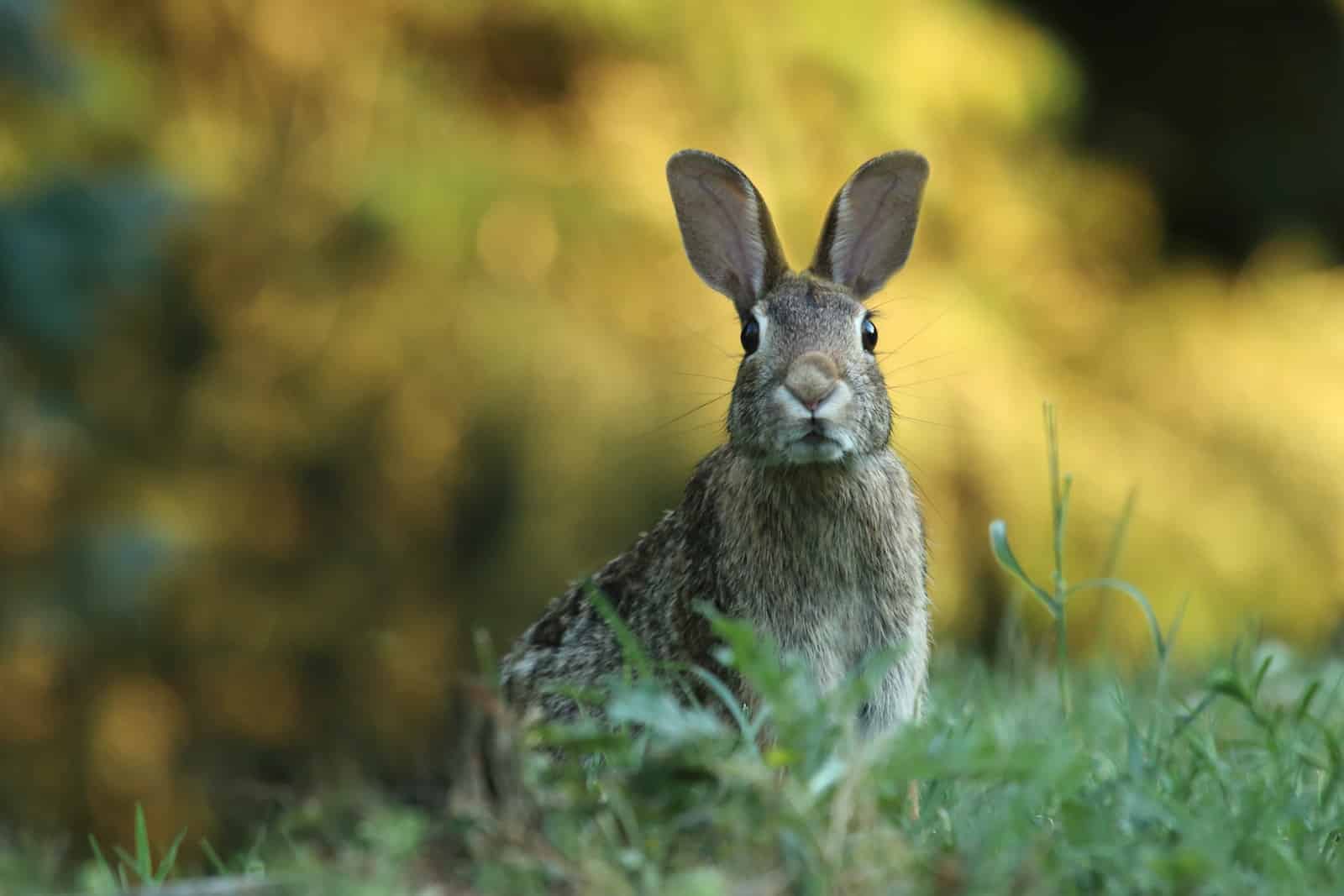What are the benefits of spaying or neutering your rabbit?

Rabbits are delightful creatures, and their charm doesn’t just stop at their fluffy tails and cute noses. They are intelligent, social, and can form deep bonds with their human caregivers. However, owning a rabbit comes with significant responsibilities, one of which includes making crucial health decisions for your pet. A key health consideration for owners is whether to have their rabbit spayed or neutered. This article aims to provide an extensive and informative guide on the benefits and risks associated with spaying and neutering rabbits.
Understanding the Procedure
Before delving into the benefits and risks, it’s essential to understand what the terms spaying and neutering entail. Often, these terms are used interchangeably, but they refer to different procedures for male and female rabbits.
Dans le meme genre : Why do cats love boxes so much?
Spaying is a surgical procedure done on female rabbits to remove the ovaries and sometimes the uterus. This procedure prevents the rabbit from becoming pregnant and can reduce the risk of certain cancers.
Neutering, on the other hand, refers to the surgical removal of a male rabbit’s testes. This procedure will prevent the rabbit from fathering offspring and can help control certain aggressive behaviors.
Dans le meme genre : How to safely remove a tick from your dog
These procedures are typically performed by a veterinarian under general anesthesia.
Health Benefits of Spaying and Neutering Your Rabbits
When you decide to have your rabbit spayed or neutered, you are making a proactive choice for their health and wellbeing.
For female rabbits, the most significant health benefit is the reduction in the risk of reproductive cancers. Unspayed females are at a very high risk for uterine, ovarian, and mammary cancers. By spaying your female rabbit, you can almost entirely eliminate this risk.
For male rabbits, neutering reduces the risk of testicular cancer. Although this type of cancer is not as common in male rabbits as uterine cancer is in females, it can still occur. Neutering also reduces the risk of prostate problems.
Behavioral Benefits of Spaying and Neutering Rabbits
In addition to the health benefits, spaying and neutering rabbits can also lead to significant behavioral improvements.
Unneutered male rabbits can often show signs of aggression and may mark their territory with urine. Neutering a male rabbit will typically reduce these behaviors, making them more docile and easier to handle.
Unspayed female rabbits can also become very territorial and may become aggressive if they feel their territory is threatened. Spaying your female rabbit will typically reduce these behaviors and may also eliminate false pregnancies, which can be stressful for your rabbit.
Age and Timing Considerations for Spaying and Neutering Rabbits
The age and timing for spaying and neutering rabbits are crucial considerations.
For female rabbits, the optimal time for spaying is around 4-6 months of age, prior to the onset of sexual maturity. Spaying at this age can prevent unwanted pregnancies and significantly reduce the risk of reproductive cancers.
Male rabbits can be neutered as soon as the testicles descend, typically around 3-5 months of age. Neutering at this age can help to prevent the onset of territorial and aggressive behaviors associated with sexual maturity.
It’s important to consult with your vet about the optimal time for these procedures based on your rabbit’s specific health and developmental needs.
Risks Associated with Spaying and Neutering Rabbits
Like any surgical procedure, spaying and neutering rabbits does carry some risk.
The primary risks are those associated with general anesthesia. Your veterinarian will thoroughly evaluate your rabbit’s health before the procedure to minimize these risks.
Surgical complications, including infection or bleeding, can occur but are rare. If your rabbit is correctly cared for post-surgery, these risks are minimal.
Remember, the benefits of spaying and neutering typically outweigh the potential risks. These procedures can lead to longer, healthier lives for your rabbits, as well as improve their behavior making them more enjoyable pets.
Post-Surgery Care for Your Rabbit
When your rabbit undergoes a spaying or neutering procedure, it’s necessary to provide them with special care post-surgery. But what does this entail?
Well, firstly, your veterinarian will likely suggest keeping your rabbit in a quiet and comfortable environment for recovery. This is because the anesthesia used in the procedure may cause your pet to feel groggy or disoriented.
Next, your rabbit’s diet may need to be adjusted. It’s common for rabbits to lose their appetite after surgery. However, it’s important they begin eating as soon as possible to prevent serious conditions like gastrointestinal stasis. Your vet may recommend offering your bunny their favorite leafy greens or pellets to encourage them to eat.
The incision site of the procedure should also be regularly monitored for signs of infection such as redness, swelling, and unusual discharge. If your rabbit seems to be in pain or discomfort, seek immediate advice from your vet.
Lastly, it’s crucial to restrict your rabbit’s physical activity during the recovery period. Too much jumping or running could hinder the healing process.
With the right care, your bunny should recover in a few weeks’ time, allowing them to enjoy the full benefits of being spayed or neutered.
The House Rabbit Society’s Stand on Spaying and Neutering Rabbits
The House Rabbit Society, a respected rabbit welfare organization, strongly advises the spaying and neutering of house rabbits. Their stand is based on both the health and behavioral benefits that these procedures provide.
According to them, the benefits of these procedures far outweigh the risks. The House Rabbit Society mentions that spaying and neutering can prevent various types of cancer, reduce aggressive behaviors and even allow rabbits to live together without the risk of unwanted litters.
The House Rabbit Society also emphasizes that rabbit-savvy vets should perform these procedures. These are veterinarians with extensive experience and knowledge in rabbit health and behavior, ensuring your pet is in safe hands.
They also make it clear that while the procedure is a routine one, owners need to take post-surgery care seriously to avoid complications and ensure a smooth recovery for their rabbits.
Concluding Thoughts
Rabbits are endearing pets that bring joy and liveliness to any home. In order to ensure their health and happiness, it’s crucial that owners carefully consider the benefits of spaying and neutering their rabbits.
From reducing the risk of cancers such as uterine cancer in female rabbits, to eliminating aggressive behaviors linked to sexual maturity, the benefits of these procedures are numerous. Despite the potential risks associated with general anesthesia and surgery, the overall consensus among rabbit health experts and organizations like the House Rabbit Society is clear: the benefits of spaying and neutering your rabbit outweigh the risks.
Furthermore, it’s important to remember that the success of these procedures greatly depends on the expertise of your vet, and the post-operative care your rabbit receives. So, employ a rabbit savvy veterinarian and commit to diligent post-surgery care to ensure the wellbeing of your pet.
Owning a rabbit comes with the responsibility of making informed decisions about their health. Choosing to spay or neuter your rabbit is one such decision that can greatly improve their quality of life and strengthen the bond you share with your pet.
